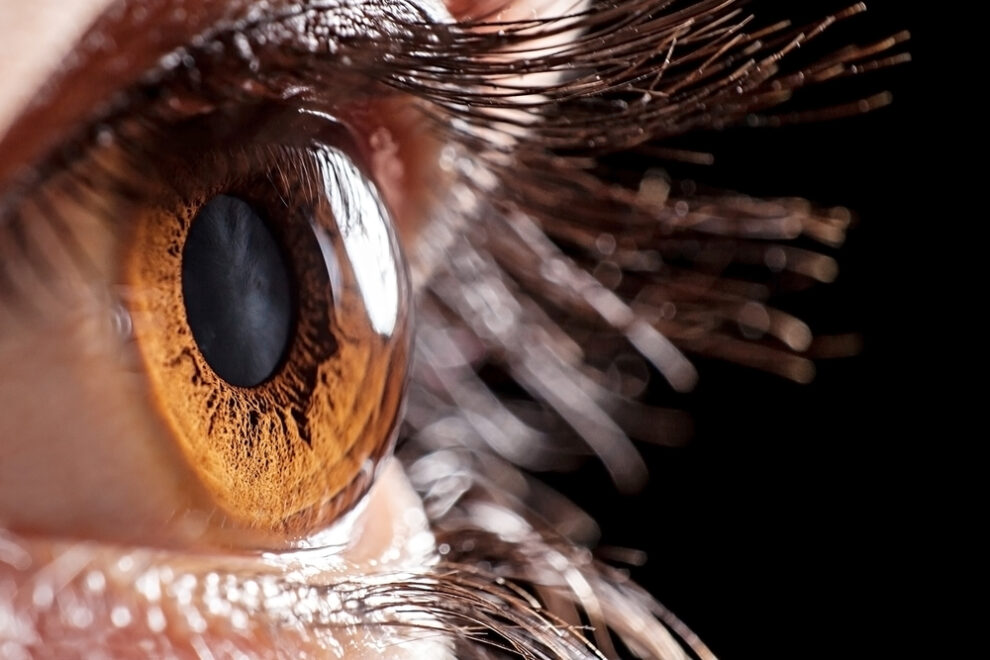Retina
Introduction to the Retina
The retina is a light-sensitive layer of tissue located at the back of the eye. It converts light into electrical signals that are transmitted to the brain via the optic nerve, allowing us to perceive visual information. The retina consists of several layers, each serving a specific function in the visual process.

Common Retinal Conditions
Age-Related Macular Degeneration (AMD)
AMD is a progressive eye condition that affects the central part of the retina, known as the macula. It leads to central vision loss and can be classified as “dry” (atrophic) or “wet” (neovascular). AMD is the most common cause of blindness in patients greater than 60 years old in the United States.
Diabetic Retinopathy (DR)
This condition occurs in individuals with diabetes and affects the blood vessels in the retina. It can lead to vision impairment or blindness if left untreated. DR is the most common cause of blindness in the working age population in the United States.
Retinal Detachment (RD)
Retinal detachment occurs when the retina peels away from the underlying tissue. This is a medical emergency that requires immediate attention to prevent permanent vision loss. RD’s are most commonly treated with surgery.
Retinal Vascular Occlusions (RVO)
Retinal vascular occlusions are blockages in the blood vessels that supply the retina. They can lead to sudden vision loss and other complications.
Retinitis Pigmentosa (RP)
A group of genetic disorders that cause degeneration of the retina’s photoreceptor cells, leading to night blindness and gradual peripheral vision loss.
Macular Edema
Macular edema is the accumulation of fluid in the macula, causing distorted or blurred central vision. It can result from various retinal conditions.
Diagnostic Techniques
Various advanced diagnostic techniques are used to assess retinal health and diagnose conditions accurately.
Optical Coherence Tomography (OCT)
OCT is a non-invasive imaging technique that provides detailed cross-sectional images of the retina, helping in the early detection and monitoring of retinal diseases.
Fluorescein Angiography (FA)
This procedure involves injecting a dye into the bloodstream to capture detailed images of the retinal blood vessels, aiding in the diagnosis of vascular conditions.
Fundus Photography
Fundus photography involves capturing images of the back of the eye, including the retina and optic nerve. It is valuable for documenting retinal changes over time.
Electroretinography (ERG)
ERG measures the electrical activity of the retina in response to light stimulation. It assists in diagnosing retinal dystrophies and other functional abnormalities.
Treatment Options
Effective management of retinal conditions often involves a combination of medical interventions, lifestyle changes, and in some cases surgery.
Intravitreal Injections
Intravitreal injections deliver medications directly into the vitreous gel of the eye. They are most commonly used for conditions including AMD, diabetic retinopathy, macular edema, and retinal vascular occlusions.
Laser Photocoagulation
Laser therapy is used to seal leaking blood vessels, treat retinal tears, and manage certain retinal conditions including AMD, DR, macular edema, and RVO’s. It helps prevent further vision loss and is performed in the outpatient setting.
Vitrectomy Surgery
Vitrectomy involves the removal of the vitreous gel from the eye and may be performed to repair retinal detachments or manage severe cases of diabetic retinopathy.
Medications and Supplements
Certain medications and supplements may be prescribed to slow the progression of retinal diseases or manage associated symptoms.
Prevention and Lifestyle
Maintaining good eye health and adopting a healthy lifestyle can play a significant role in preventing or managing retinal conditions.
Maintaining Eye Health
Protecting your eyes from harmful UV rays, avoiding smoking, and managing conditions like diabetes are important steps in preserving retinal health.
Nutrition and Eye Health
A diet rich in antioxidants, omega-3 fatty acids, and essential vitamins and minerals can support retinal health and reduce the risk of age-related conditions.
Regular Eye Exams
Routine eye exams allow for the early detection of retinal issues and other eye conditions. Regular check-ups are essential, especially for individuals at higher risk.
Disclaimer: This webpage is intended for informational purposes only and does not replace professional medical advice. If you suspect you have dry eyes or are experiencing any eye-related symptoms, please consult with an eye care specialist for a proper evaluation and treatment plan.
